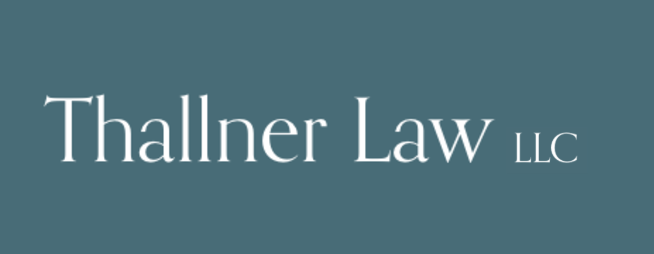Areas of Practice
Health Care Transactions
The health care industry is ever evolving and is under intense public and financial scrutiny. Providers and other industry investors are intertwined, necessitating creative types of business arrangements and transactional support to position themselves with revenue streams, distribution channels and opportunity for profitability. Acquiring, divesting or merging of assets, and partnering or collaborations among and between health care companies requires legal analysis and experienced guidance to ensure success of organizational objectives and minimization of risk.
Health Care Fraud & Abuse
Allegations of fraud and abuse can threaten a health care organization. The proper structure of operations is essential to prevent violations and avoid perceived violations while still achieving valid strategic intentions. Critical areas of expertise include: federal and state anti-kickback laws; physician self-referral restrictions, including the “Stark Law’s” prohibitions and exceptions; restrictions on beneficiary inducements; Medicaid finance regulations; the federal False Claims Act (FCA). Experience in these areas supports advocacy with the DOJ and other enforcement agencies in intervened and non-intervened federal FCA cases and other civil and criminal actions affecting health care providers.
Health Care Government
Investigation and Defense
Regulatory litigation that defends corporate clients facing civil and criminal investigations. Actions brought by the Department of Health & Human Services’ Office of Inspector General (HHS-OIG) and Department of Justice (DOJ) and whistle blower matters, at both the state and federal level, are serious matters that require skillful and experienced legal counsel.
Health Care Private Equity
The health care industry is increasingly looking to private equity funds for solutions to help navigate its complex regulatory, financial and strategic challenges. Decades of foundational, transactional and complex work with health care organizations, investors and governmental regulators and payors can help guide clients efficiently and effectively through all stages of deals of varying sizes, complexity and regulatory framework, yielding innovative partnerships and structures to better position health care clients achieve their strategic and financial goals.
